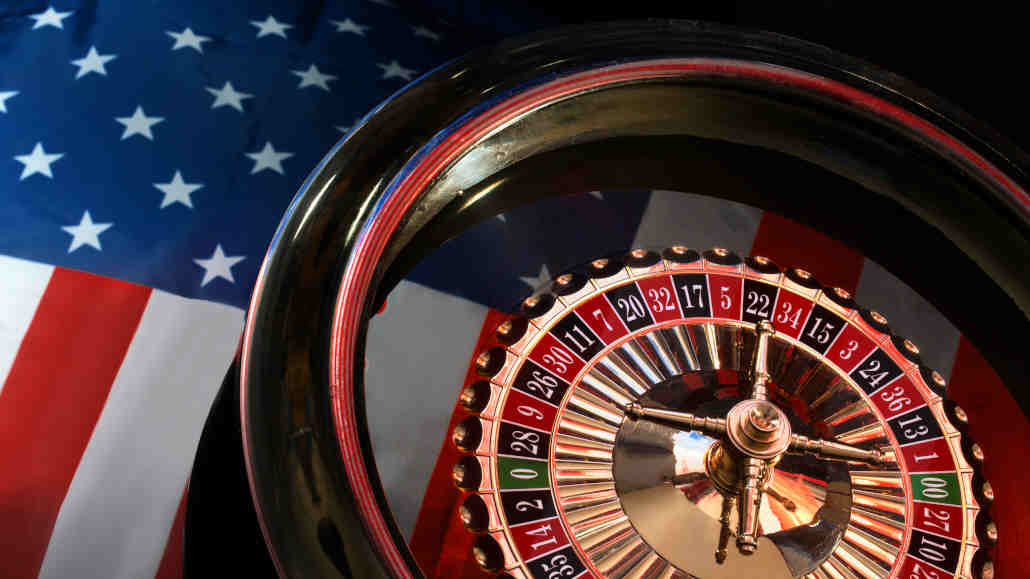In the gambling industry, licensing online casinos is seen as a sign of quality and safety. For many players, it is associated with absolute fairness and lack of risks.
However, in practice, there are many myths surrounding licenses. Misconceptions hinder the proper evaluation of platforms and sometimes lead to financial losses. Understanding the real meaning of a license helps avoid mistakes and choose reliable jurisdictions—from Curacao to Malta and the United Kingdom.
Myth 1: A license always guarantees fairness
One of the most common stereotypes is the belief that having a license automatically makes a platform perfect. In reality, even with licensing, control depends on the regulator of the online casino.
Jurisdictions with strict standards—such as the United Kingdom or Malta—regularly conduct audits, test software, and verify payouts. In Curacao, supervision is less stringent, requiring players to be more cautious.
Myth 2: All licenses are the same
Players often believe that any license has the same value. The differences between jurisdictions are huge: the level of supervision, requirements for operators, and software certification rules.
The UK mandates strict data protection and advertising control, Malta requires detailed financial checks, and Curacao offers quick market entry with minimal formalities. The choice of jurisdiction affects brand perception and trust level.
Myth 3: Documents are valid in all countries
Many players mistakenly think that licensing an online casino automatically allows operation worldwide.
In reality, each country sets its own laws, and having permission from one regulator does not guarantee legal operation in another country. For example, an operator with a Curacao license may be blocked in jurisdictions with a gambling monopoly.
Myth 4: Checking the license is unnecessary
Even when working with well-known regulators, it is important to ensure the authenticity of the permit. Cases of document forgery, the use of expired numbers, or fictitious links are not uncommon.
A simple check on the regulator’s website takes a few minutes and helps avoid fraud. This is especially important when choosing platforms with licenses from less strict jurisdictions.
Myth 5: A license protects against all types of fraud
Even with licensing, there are risks associated with the actions of dishonest partners, affiliated companies, or third-party services in online casinos.
The regulator only controls the activities of the licensed operator. If a player uses third-party resources for depositing or withdrawing funds, the license protection does not extend to them.
Myth 6: The cheaper the license, the worse the casino
The price depends on many factors: capital requirements, taxation, audit costs. A more affordable Curacao license does not always mean low quality—it all depends on the operator.
Sometimes companies with a cheap license invest more in security and software than some owners of prestigious permits.
Myth 7: Licenses are perpetual
Players often do not know that documents have a limited validity period and require regular confirmation. To maintain operator status, they undergo rechecks, provide reports, and confirm compliance with new requirements. An expired license effectively deprives the platform of legal status, even if it continues to use the regulator’s logo.
Myth 8: Documents are a formality for business
For operators, licensing is a complex and costly process in online casinos. It includes collecting a document package, software audits, owner verification, and implementing responsible gaming policies. Companies that go through the procedure invest in long-term reputation and legal operation in the market.
Why a casino license is needed: real advantages
Despite the myths, licensing online casinos does provide players and operators with a number of real advantages:
- access to an independent regulator in case of disputes;
- control over software quality and random number generators;
- obligations to protect personal data and finances;
- verification of capital sources and transparency of payouts;
- ability to work with international payment systems.
These factors make licensed platforms more predictable and secure.
Influence of myths on casino choice
Perception of documents directly affects player behavior. Those who believe in myths tend to ignore their own document verification and platform operation conditions.
This increases the risk of encountering fraud or dishonest services. Understanding the essence of licensing helps make informed decisions and reduces the likelihood of financial losses in online casinos.
How to distinguish truth from myth and check a casino license?
The main way to avoid deception is to critically assess the information published by the operator.
It is worth using official regulator resources, reading terms, and understanding that real control is always limited by jurisdictional boundaries. The ability to distinguish myths from facts makes a player more protected, and the gaming process—safer and more transparent.
Conclusion
Licensing is an important tool for regulating the gambling market, but it is not an absolute guarantee of perfect conditions in online casinos. Debunking myths helps players soberly assess platforms and choose reliable operators.
Documents are the foundation on which security and trust are built, but real protection comes from a combination of smart jurisdiction selection, document verification, and careful adherence to gaming rules.
 en
en  de
de  ar
ar  es
es  hi
hi  fr
fr  nl
nl  it
it  pt
pt  el
el 









